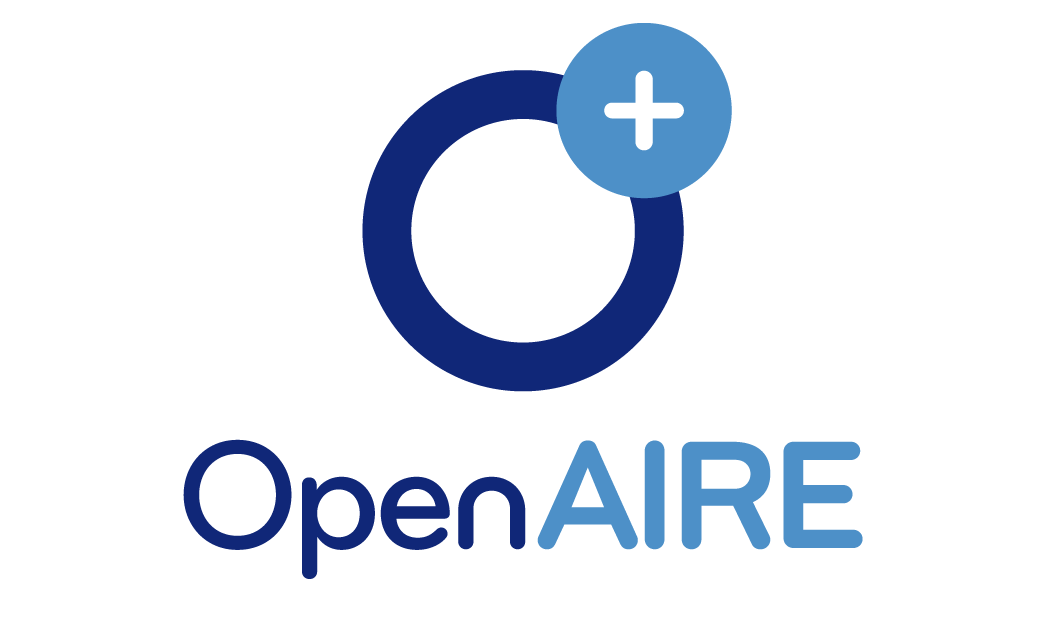ADAPTIVE TECHNOLOGY IS A PROMISING SOLUTION BY PROVIDING LANGUAGE LEARNERS WITH A PERSONALIZED LEARNING EXPERIENCE AND REAL-TIME FEEDBACK
Keywords:
Adaptive technologies, Language learning, Personalized learning, Real-time feedback, Assessment, EngagementAbstract
Language learning has become increasingly important in our interconnected world, and traditional language learning methods often fail to meet individual learners' needs. Adaptive technologies offer a promising solution by providing personalized learning experiences and real-time feedback to language learners. In this article, we explore the potential of adaptive technologies for language learning, highlighting the benefits of personalized learning, real-time feedback and assessment, engagement and motivation, accessibility, and cost-effectiveness. We also identify the challenges and considerations in using adaptive technologies, such as technical challenges, cultural and linguistic diversity, and ethical considerations. Our research methodology involved a literature analysis and interviews with language educators and developers to provide a comprehensive overview of the potential of adaptive technologies for language learning and to identify future directions and opportunities for research and innovation in this field. We emphasize the importance of investing in teacher training to enable educators to use adaptive technologies effectively and maximize their potential. Furthermore, we highlight the need for collaborative efforts and investments in research and innovation to develop more effective and culturally appropriate adaptive technologies that cater to learners' diverse needs. Finally, we discuss emerging trends and opportunities in adaptive technologies, such as the use of artificial intelligence, virtual and augmented reality, and mobile apps, which have the potential to revolutionize language learning by providing more immersive and engaging learning experiences.
References
Chen, C. H., & Wang, Y. C. (2020). The effectiveness of an adaptive learning platform on English learning: A quasi-experimental study. Journal of Educational Technology & Society, 23(3), 105-118.
Liu, M., & Brinthaupt, T. M. (2017). Development and evaluation of an adaptive feedback system for L2 pronunciation training. Computer Assisted Language Learning, 30(5), 431-447.
Liu, M., & Cao, Y. (2019). Adaptive learning systems for second language learning: A review. Journal of Educational Computing Research, 57(6), 1441-1467.
Neri, F., Cucchiarini, C., & Strik, H. (2012). Automatic pronunciation error detection for foreign language learning: A survey. Speech Communication, 54(7), 882-900.
Reinders, H., & Wattana, S. (2019). Language learning beyond the classroom: The role of digital technologies. Language Teaching, 52(2), 169-185.
Sotillo, S. M., & Hafner, C. A. (2014). Language learning through social networks: Perceptions and reality. Language Learning & Technology, 18(3), 151-170.
Stricker,H., Cucchiarini, C., & Neri, F. (2017). Computer-assisted pronunciation training: Targeting second language vowel perception improves pronunciation accuracy. Computer Assisted Language Learning, 30(8), 714-735.
Wang, Y., & Vásquez, C. (2012). Web 2.0 and second language learning: What does the research tell us? CALICO Journal, 29(3), 412-430.
Yang, X., & Cheng, L. (2019). Making adaptive learning work for English language learners: The efficacy of an adaptive learning system for L2 vocabulary acquisition. System, 86, 102-115.
Zhang, L., & Song, W. (2018). Adaptive learning in second language acquisition: A literature review. Journal of Educational Technology & Society, 21(3), 78-88.
Bekmurodov, M., Akhmedova, F., & Kadirova, K. (2020). Study the process of harmonization formation of personal and professional qualities at students. International Journal of Psychosocial Rehabilitation, 24(S1), 597-605.
Kadirova, H., & Akhmedova, F. Sociological Analysis of the Nation's Identity, the Levels of Feeling the National Identity in Uzbekistan. International Journal of Innovative Technology and Exploring Engineering (IJITEE) ISSN, 2278-3075.
Akhmedova, F. (2018). Professional Education Pharmaceutical Personnel in Uzbekistan. Eastern European Scientific Journal, (6).
Ахмедова, Ф. М. (2020). Подход восточных мыслителей к проблеме формирования личностных и профессиональных качеств у молодого поколения. Журнал социальных исследований, 3(3).
Medetovna, A. F. (2018). A Formation of Professional Competence At Future Pharmacists. Asian Studies, 36(2), 1-5.
Buvabaevna, K. H., & Medetovna, A. F. Development And Preservation Of Karakalpak Ethnic Culture. Multidisciplinary Approaches in the Current Times, 63, 63-70.
Medetovna, A. F. (2021). Harmonization of professional and personal competencies in future pharmaceutical personnel. Thematics Journal of Sociology, 5(2).
Akhmedova, F., & Rozikova, R. (2021). THE UNIVERSITY TEACHERS’PERCEPTIONS OF PEER OBSERVATION. EurasianUnionScientists, 4-9.
Ахмедова, Ф. М. (2021). ATTITUDE OF YOUNG PEOPIE TO EDUCATION. ЖУРНАЛ СОЦИАЛЬНЫХ ИССЛЕДОВАНИЙ, 4(4).
Akhmedjanova, D., & Akhmedova, F. (2022). Transition to online learning in Uzbekistan: Case of teaching academic English at Westminster International University in Tashkent. In International Perspectives on Teaching and Learning Academic English in Turbulent Times (pp. 130-140). Routledge.





